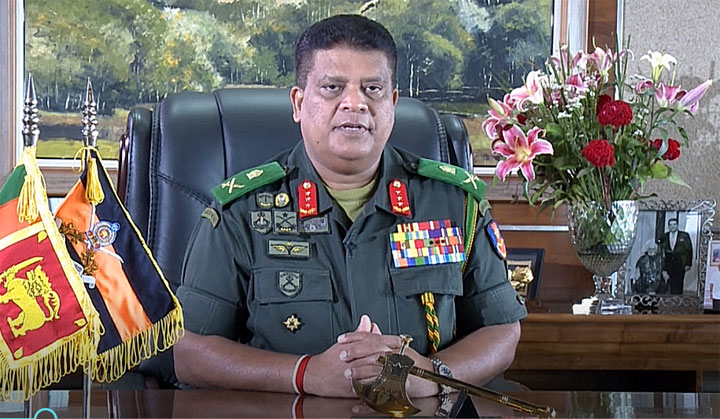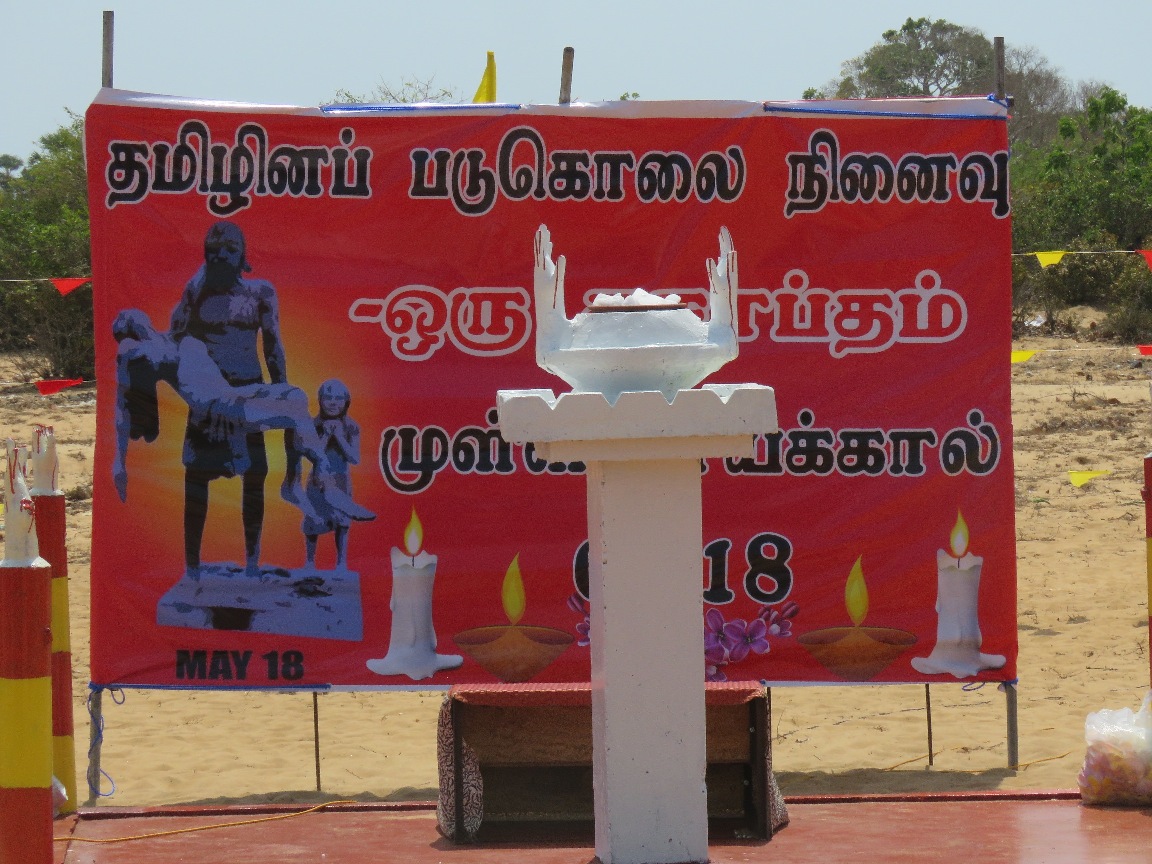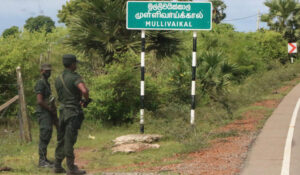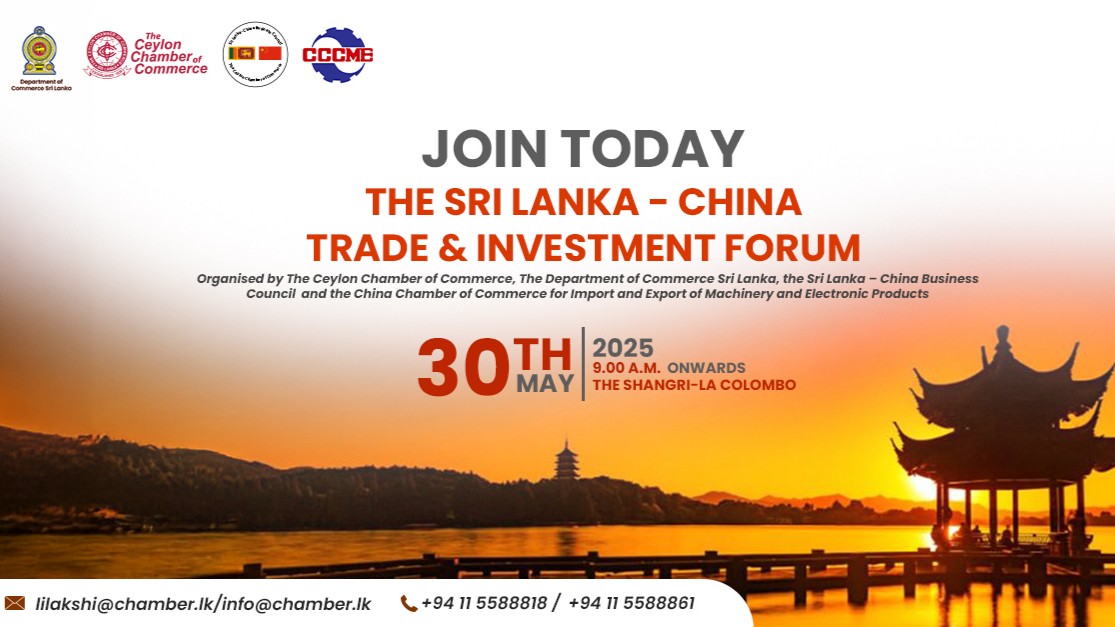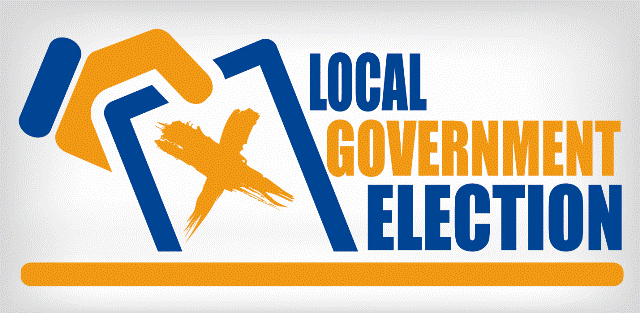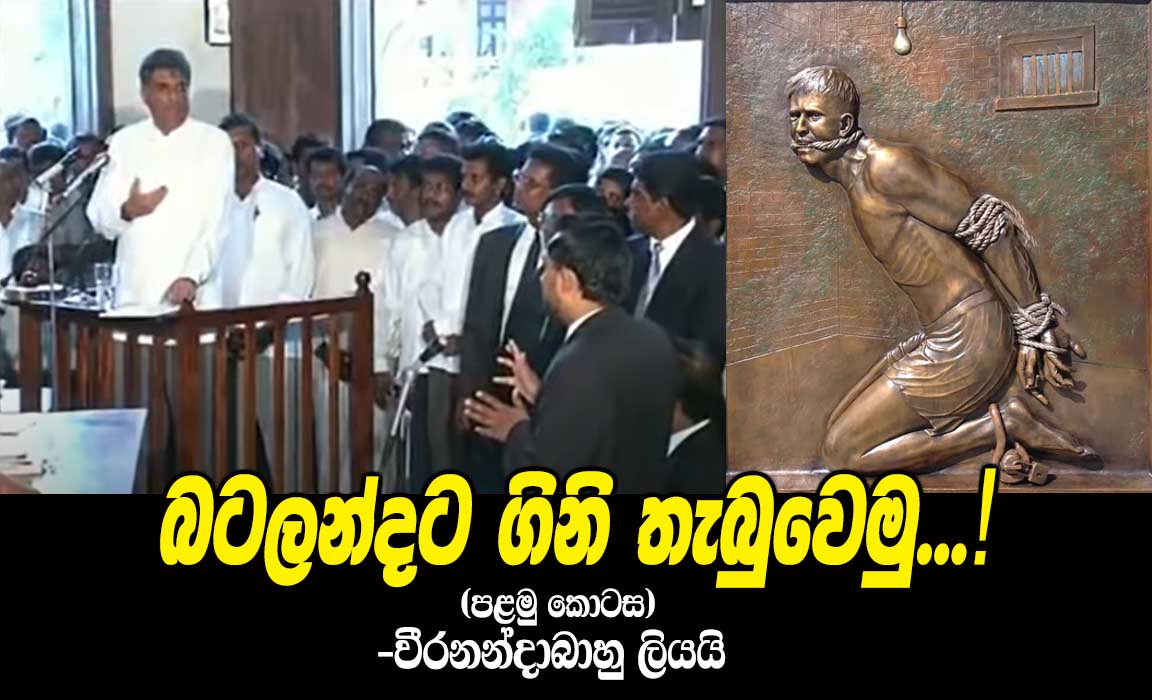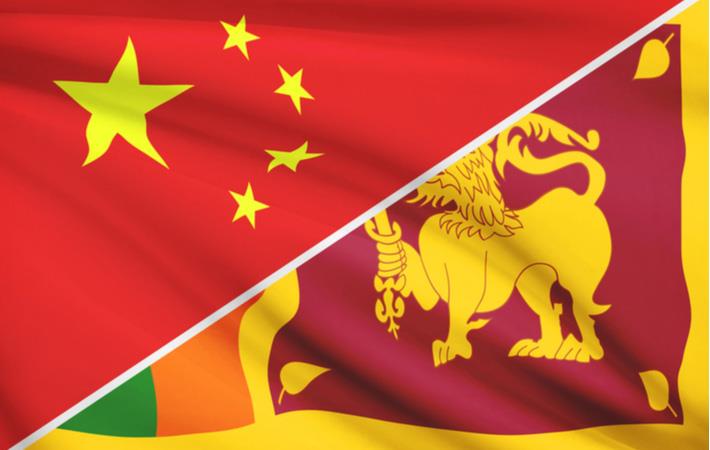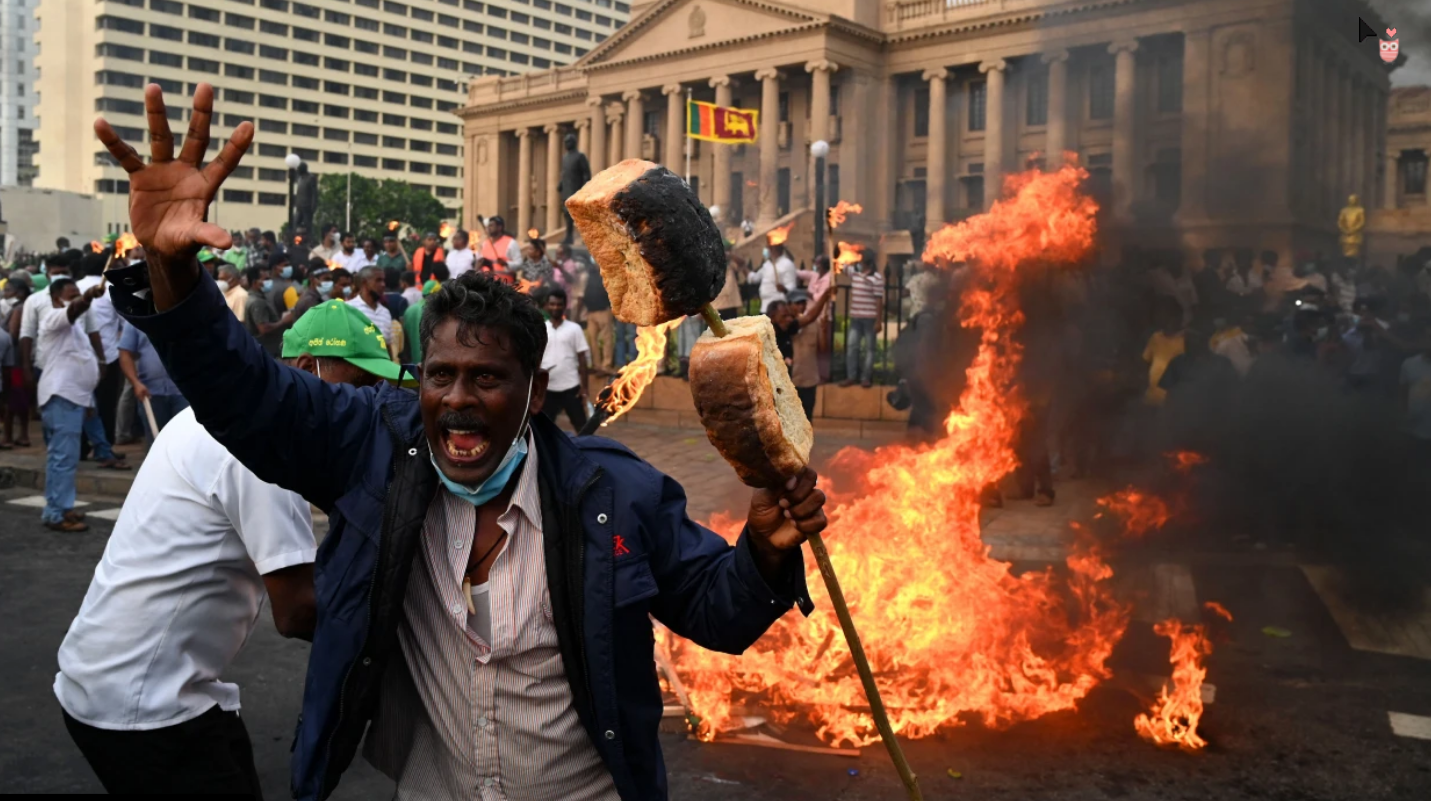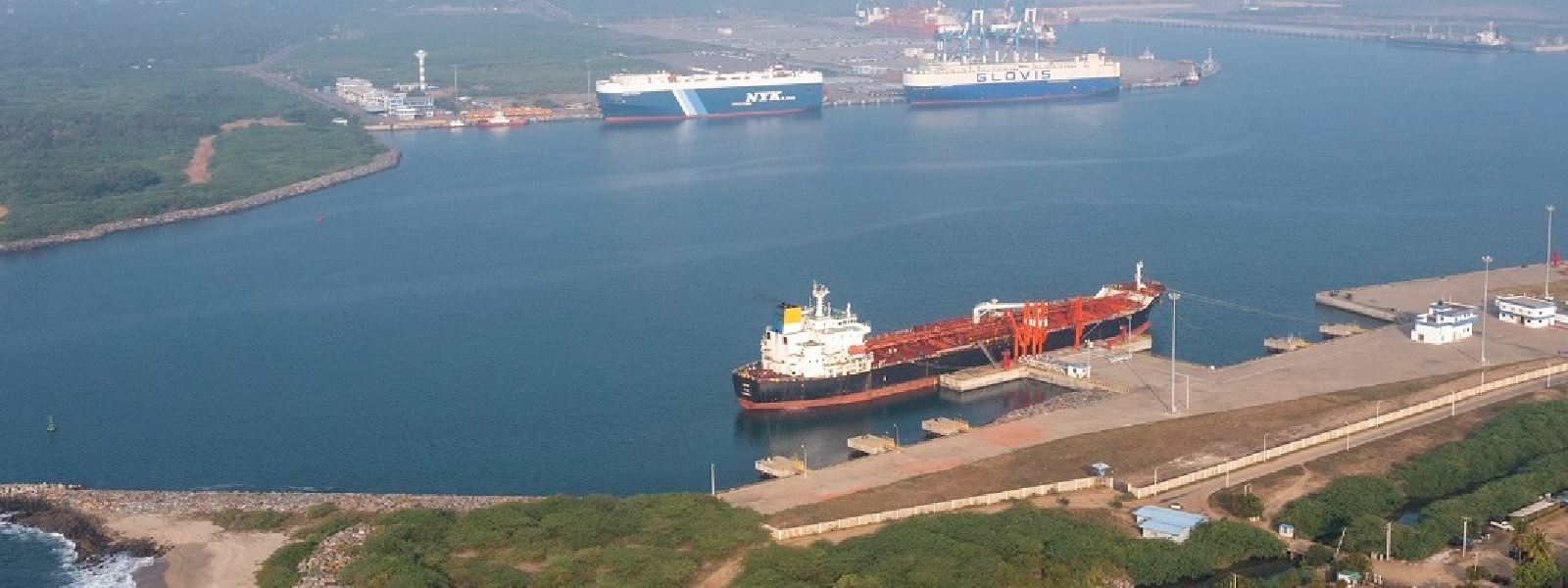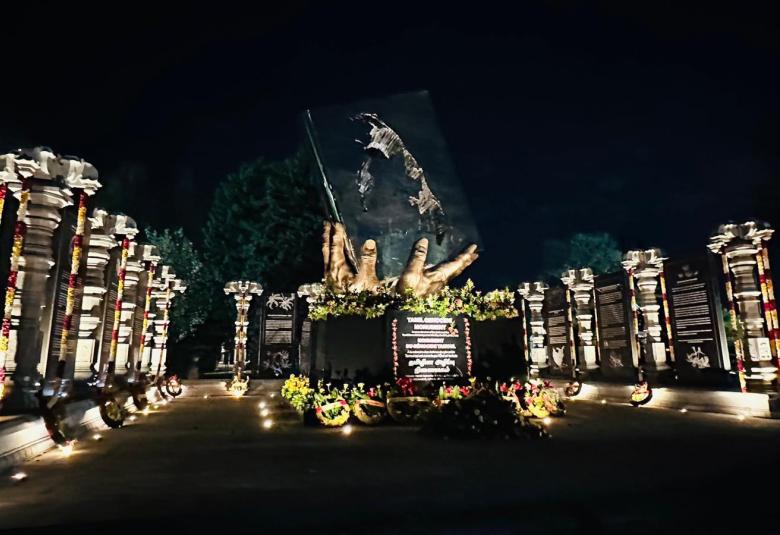Former GOC of the 58 Division General Shavendra Silva yesterday (18) found fault with successive governments since 2009 for failing to counter unsubstantiated war crimes accusations. The failure on the part of them led to punitive international measures against senior officers who spearheaded the offensive against the LTTE, the Gajaba veteran said.
Appearing on Derana 24/7 with Chathura Alwis, the former Chief of Defence Staff (CDS) declared his angst at the country’s failure at political level to address the issues at hand. The most decorated soldier was commenting on the 16th anniversary of the eradication of the LTTE’s conventional military capacity.
Sri Lanka brought the war to a successful conclusion on May 18, 2009, by bringing the entire northern province under government control. LTTE leader Velupillai Prabhakaran was killed in the banks of the Nanthikadal lagoon on the following morning.
Referring to the US travel ban imposed on him, his wife and two daughters in February 2020 and the British sanctions declared in March this year, Gen. Silva said the US and British action had effectively restricted his overseas travel to south Asia.
The UK sanctioned Admiral of the Fleet Wasantha Karannagoda, former Army Commander Jagath Jayasuriya as well as former LTTE battlefield commander Vinayagamoorthy Muralitharan alias Karuna.
Gen. Silva highlighted the protests carried out by pro-LTTE activists in London in February this year targeting Yohani de Silva whose father served as the GOC of 55 Division engaged in the Vanni offensive.
The protest was organised by the Tamil Youth Organisation of the UK.
Responding to another query, Gen. Silva, in his first interview since retirement as CDS on Dec 31, 2024, said that GoCs Gen Jagath Dias (57 Division), Gen. Kamal Gunaratne (53 Division), Maj. Gen. Nandana Udawatte (59 Division), Maj. Gen. Prasanna de Silva (55 Division) and Chagie Gallage as well as those who commanded Task Forces faced punitive international action.
Gen. Silva’s retirement coincided with the abolition of the Office of CDS by the NPP government.
At the onset of the interview, Gen. Silva strongly emphasised the need to celebrate the eradication of terrorism and liberation of the people. The outspoken ex-soldier said that the armed forces and police paid a very heavy price to bring the war to an end, a war that many believed couldn’t be brought to a successful conclusion. Gen. Silva pointed out the absurdity in doing away with military celebration as Sri Lanka still marks the end of WW I and WW 11.
On behalf of all Division and Task Force commanders on the northern front, I take this opportunity to thank officers and men and families of those who paid the supreme sacrifice and the wounded.
Gen. Silva asserted that the armed forces as a whole suffered as a result of their failure to conduct post-war examination of operations undertaken by fighting formations deprived of the opportunity to correctly establish their roles. The former Army Commander said that the other countries always undertook such examinations immediately after the end of operations.
Gen. Silva said that since the end of war the country never made an honest attempt to record the events thereby setting the record straight.
The Yahapalana government co-sponsored the US accountability resolution against the war-winning armed forces in Oct 2015.
Gen. Silva explained that failure on the part of political and military leaderships to reach consensus on a common narrative contributed to the growing international pressure on the country.
Appreciating the NPP government summoning Canadian High Commissioner Eric Walsh over the recent unveiling of so-called Tamil genocide memorial in Ontario, Gen. Silva said that before his retirement he briefed President Anura Kumara Dissanayake regarding the challenges faced on the Geneva front.President Dissanayake promised to look into this matter and take appropriate measures, Gen. Silva said. “I believe the President as promised will address the issues at hand.”
By Shamindra Ferdinando


